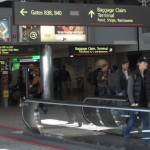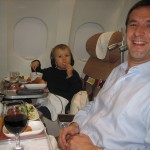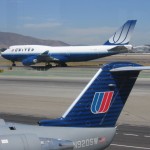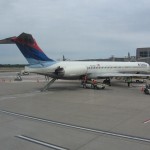United raises ticket change fees by $50, others follow
 United Airlines has quietly increased the fees it charges for voluntary changes on tickets for travel within North America, and between North and Central America by $50 to $200. The change took effect on April 18, according to an internal company advisory sent to employees.
United Airlines has quietly increased the fees it charges for voluntary changes on tickets for travel within North America, and between North and Central America by $50 to $200. The change took effect on April 18, according to an internal company advisory sent to employees.
The decision makes United the airline with the highest change fees in the affected markets. Other major legacy U.S. carriers, such as American, Delta and US Airways, still charge $150, and smaller airlines like Frontier and Virgin America charge $100. Alaska Airlines’ change fees are $75 online and $100 by phone. Those fees, which Southwest Airlines proudly spares its customers, are in addition to any fare differences. Changing the most expensive — or full-fare — tickets doesn’t incur penalties on any airline.
The United fee increase, coming just a week after the carrier was named worst in customer service in a national ranking tracking airline performance, is certain to anger United fliers even further. Industry watchers will be monitoring very closely whether other airlines follow suit — that has been the trend historically, though customer backlash and social media outrage have forced carriers, including United, to reverse controversial decisions in recent years…








